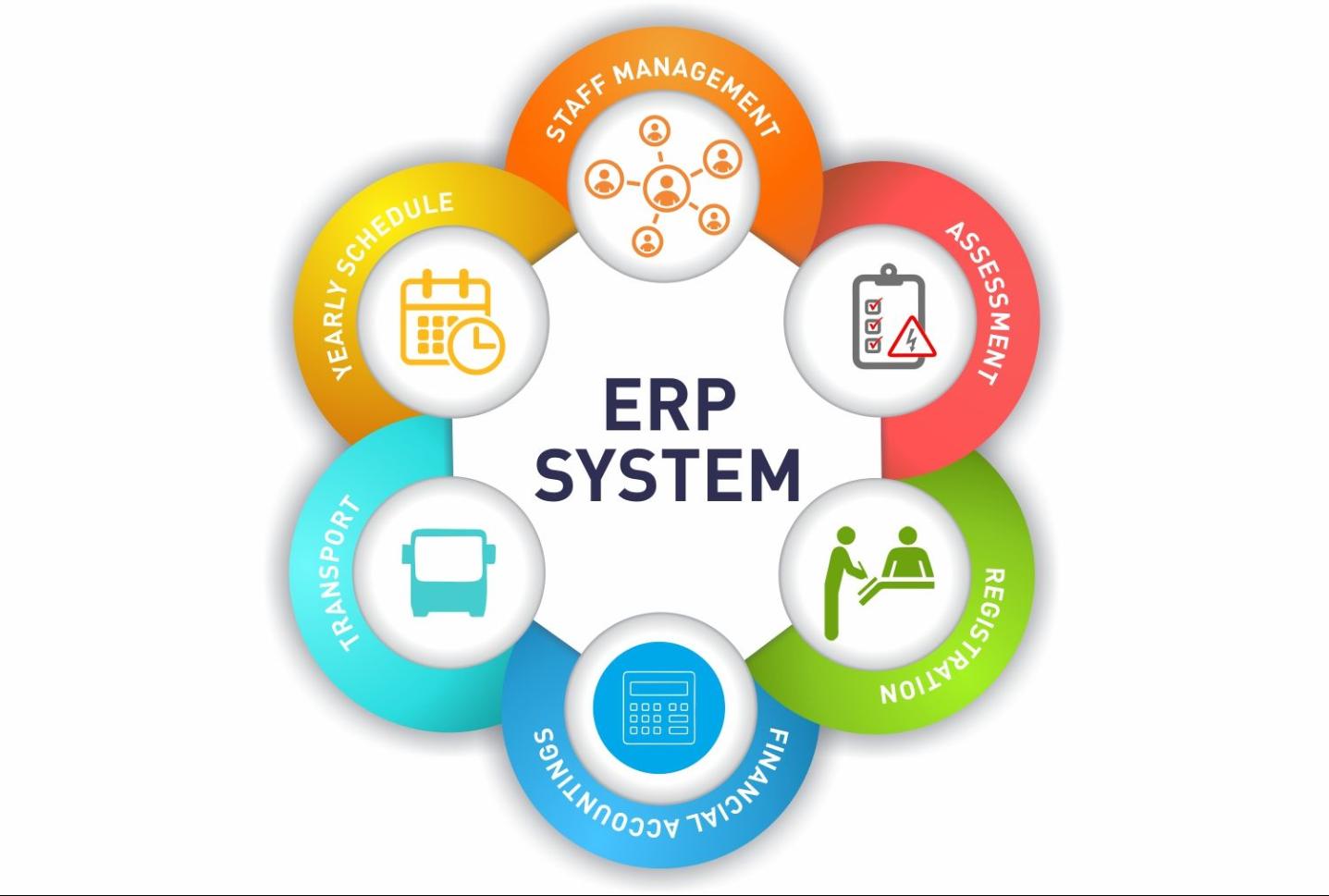In today’s interconnected economy, business is no longer limited by geography. From multinational corporations to growing SMEs, organizations are expanding across markets and managing operations on a global scale. This shift brings opportunities but also introduces new challenges: multiple currencies, different tax structures, regulatory compliance, and the need for seamless communication across borders. To succeed, businesses need systems that unite global operations, and that’s where ERP beyond borders becomes essential.
Challenges of Global Expansion
Operating internationally is more complex than simply selling products overseas. Businesses must comply with diverse legal frameworks, adapt to cultural differences, and manage supply chains that stretch across continents. Traditional, fragmented systems are ill-equipped to handle this level of complexity. The result is miscommunication, data silos, and inefficiencies that can erode profitability.
How ERP Bridges the Gap
Modern ERP systems are designed with global business in mind. They provide:
- Multi-currency management to handle diverse financial transactions with ease.
- Localization tools that adapt processes to local tax and legal requirements.
- Multi-language functionality to ensure all employees work without barriers.
- Unified dashboards that give leadership real-time visibility across regions.
This integration eliminates duplication, reduces errors, and provides a single source of truth for decision-making,
critical for businesses managing operations in multiple markets.
Agility in a Fast-Changing World
Globalization brings unpredictability. Trade regulations shift, supply chains are disrupted, and customer expectations evolve rapidly. Scalable ERP systems empower companies to adapt quickly. For example, when entering a new country, ERP can integrate local suppliers and employees seamlessly without reinventing the entire system. This adaptability ensures organizations remain resilient even in volatile environments.
Collaboration Without Borders
Beyond operations, global ERP fosters collaboration. Cloud-based platforms allow teams in different time zones to access the same data, reducing delays and aligning strategies. Whether it’s a finance team in London, logistics in Dubai, or customer service in Singapore, ERP ensures everyone is on the same page.
Conclusion
ERP beyond borders isn’t just about efficiency, it’s about growth. By connecting global operations, businesses unlock agility, resilience, and a foundation for sustainable expansion. In a digital-first world, borderless ERP is the key to thriving in international markets.



